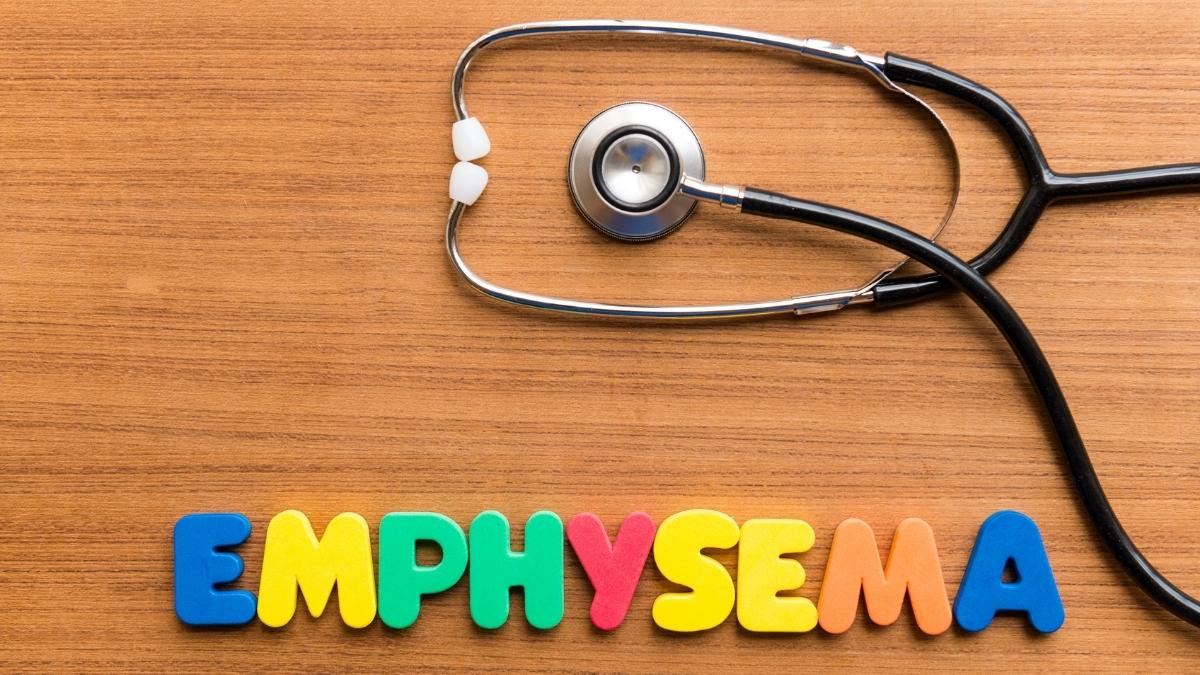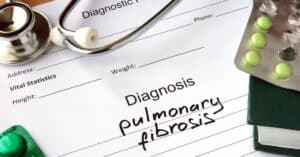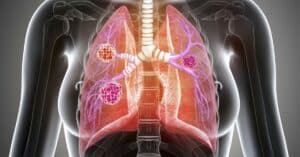From emphysema symptoms to emphysema treatments to emphysema statistics, remembering all of the emphysema facts can be challenging.
If you’re living with a chronic lung disease like emphysema, having all facts remains important to staying proactive in your healthcare.
Here are the emphysema facts you need to know.
What is emphysema?
Emphysema, along with chronic bronchitis, is one of the major obstructive lung diseases that falls under the chronic obstructive pulmonary disease (COPD) category.
Specifically, emphysema gradually destroys the air sacs (alveoli) in the lungs, making it difficult to breathe. The tiny air sacs bring oxygen to the bloodstream.
In emphysema, holes form in the inner walls of the air sacs, which weakens their internal structure. Emphysema makes it difficult for the lungs to take-in enough oxygen to deliver to the bloodstream.
Over time, emphysema also destroys the elasticity of the airways, so the air sacs collapse and trap oxygen in the lungs. When you can’t fully exhale air from your lungs, you can’t fully inhale air either.
What causes emphysema?
Some of the most essential emphysema facts include knowing what causes emphysema.
The main cause of emphysema is long-term exposure to airborne irritants and pollutants, such as tobacco smoke, air pollution, chemical fumes and manufacturing fumes.
While it’s rare, emphysema can develop due to genetics. In some people, emphysema is caused by an inherited deficiency of a protein that protects the lungs’ elastic structures, called alpha-1 antitrypsin deficiency.
What are emphysema symptoms?
Knowing the emphysema facts means understanding emphysema symptoms. The progression of emphysema varies from person to person. For some people, emphysema progresses slowly, and for others, it progresses quickly.
However, the symptoms of emphysema are similar and include:
- Persistent Cough – Also known as a smoker’s cough, persistent coughing is a sign damage and irritation to the lungs from emphysema.
- Wheezing – When air passes through narrowed or damaged bronchiole airways (or tree-like structures), the air travels abnormally and causes a whistling noise while breathing.
- Chest Tightness – For many people with emphysema, chest tightness or the feeling of not being able to breathe is very scary and is often worsened by anxiety.
- Shortness of Breath – Also known as labored breathing, this is the feeling that breathing requires more effort than is typically necessary. Shortness of breath can happen while exerting oneself, sitting or lying flat.
Emphysema Facts
While there are many emphysema facts, here are some important facts to consider:
According to the Centers for Disease Control and Prevention (CDC), the number of adults who have ever been diagnosed with emphysema is 3.4 million. The number of emphysema deaths in 2013 was 8,284. The emphysema deaths per 100,000 population is 2.6.
However, emphysema and chronic bronchitis fall under the category of COPD, so knowing your emphysema facts also means it’s important to learn the COPD facts.
COPD is the third leading cause of death in the United States with more than 11 million people diagnosed with COPD. In fact, an estimated 24 million may have COPD without even knowing it.
According to the World Health Organization (WHO), tobacco smoke through tobacco use or second-hand smoke is the primary cause of COPD. More than 3 million people died of COPD in 2012, which is equal to 6% of all deaths globally that year.
What are the emphysema treatment options?
For people with emphysema who still smoke, it’s important to quit smoking. While quitting smoking can be difficult, there are options to help you quit. Talk with your doctor about techniques to live tobacco-free.
Depending on the severity of your emphysema symptoms, your doctor may prescribe bronchodilators, inhaled steroids and antibiotics to help manage your symptoms. Your doctor might also recommend pulmonary rehabilitation, nutrition therapy or supplemental oxygen.
Always consult with your doctor to discuss treatment options that will work best for you.

Christine Kingsley, APRN is the Health and Wellness Director at the Lung Institute where she focuses on providing helpful online resources for people looking for information on various lung diseases, breathing exercises, and healthy lifestyle choices. She advocates for holistic care that involves working with your doctor to explore all options including traditional and alternative care while focusing on diet and exercise as proactive measures.









